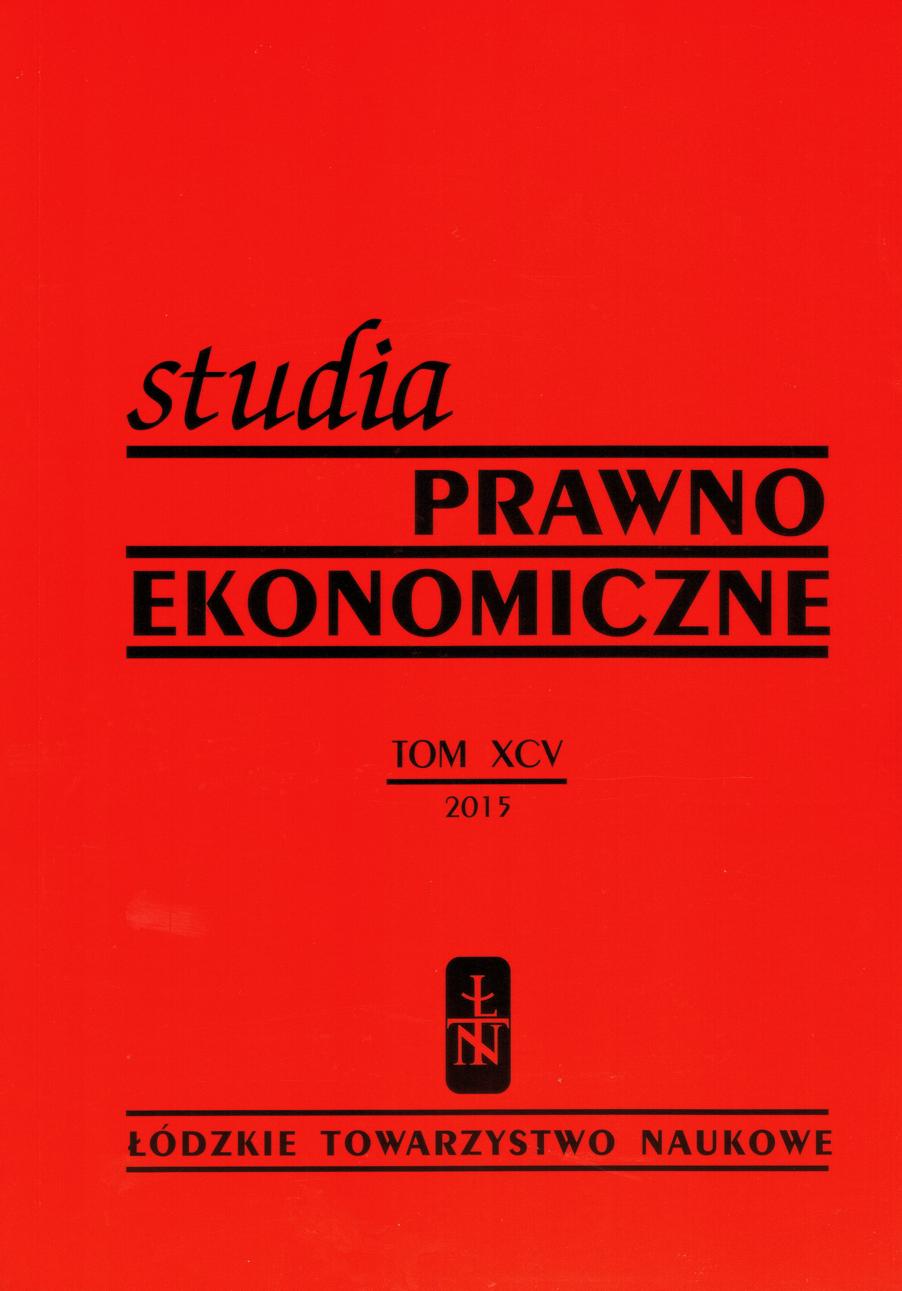Efektywność ekonomiczna oraz inne kryteria oceny stanów rzeczy w ekonomicznej analizie prawa
Economic efficiency and other criteria of assessment in the law and economics analysis
Author(s): Michał AraszkiewiczSubject(s): Economy, Law on Economics
Published by: Łódzkie Towarzystwo Naukowe
Keywords: welfare economic efficiency socwelfare function; Pareto criterion; Kaldor–Hicks criterion; wealth maximization
Summary/Abstract: The paper focuses on the fundamental methodological problem of criteria of assessment of states of affairs that are employed in economic analysis of law. The basic normative claim of law and economics is that the law, analyzed on different layers and in different domains of legal argumentation (for instance, legal institutions, legal regulation, judicial decisions, legislative process) should be economically efficient. This thesis together with the conceptual framework assumed by it constitutes a basis for economic modeling of legal phenomena. The basic concept of economic efficiency is relatively rarely analyzed, apart from standard textbook approaches. This paper aims to provide a step towards a deepened investigation into the basic conceptual assumptions of economic analysis of law. It is claimed that the two elements of criteria which are applied in economic analysis of law should be carefully distinguished: the parameter applied to quantify the state of affairs in question and the adopted account of optimality and improvement. As for the former aspect, the main parameters used in the modelling are: money (wealth) and utility (or cognate concepts such as welfare, however, as it becomes apparent, these concepts should not be used interchangeably). As for the latter aspect, the standard criteria of Pareto efficiency and Kaldor–Hicks efficiency are briefly discussed on the background of a broader theme of compensationist criteria. The concept of social welfare function is also discussed. The chapter is concluded with emphasis on the need of thorough analysis of the assumptions that are backing the abovementioned concepts and for engaging into a discussion with contemporary literature of the subject. The lack of such methodological approach will leave the economic modelling of legal phenomena on rather shaky foundations.
Journal: Studia Prawno-Ekonomiczne
- Issue Year: 2015
- Issue No: 96
- Page Range: 169-183
- Page Count: 15
- Language: Polish

